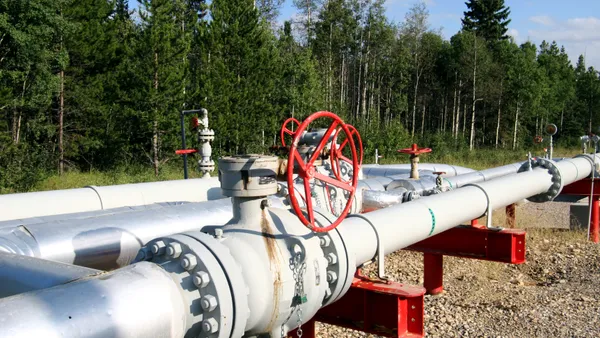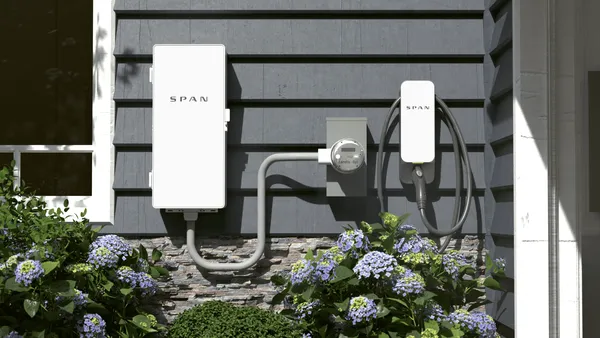Dive Brief:
- The U.S. Environment Protection Agency is suing Pepco for allegedly releasing pollutants from its Benning Service Center, a former generating station that was constructed in the early 1900s and now serves to maintain the utility's extensive grid.
- EPA filed its lawsuit on Oct. 30 with the U.S. District Court, alleging that discharged stormwater from Pepco's facility contained copper, iron, lead, zinc, cadmium and total suspended solids in excess of a 2009 discharge permit.
- Removal of the power plant in 2012 has reduced stormwater concentrations, Pepco responded, saying it met all water permit requirements during sampling done in September.
Dive Insight:
The pollution of the Anacostia River is something of an ongoing joke in the District of Columbia, and Pepco is not new to the issue.
Less than five years ago, the utility reached a deal with the city over alleged violations: D.C. wouldn't sue, and Pepco would finance research into the river's pollution and solid waste released from the Benning Road facility.
But that consent decree didn't cover the EPA, and federal regulators have now taken the utility to court. They are asking for $37,500/day for each violation, which the Washington Business Journal estimates comes to a minimum fine of almost $5 million.
Power production at Benning Road ceased in 2012, and Pepco has owned the facility since 2000. Over the decades, several different types of power were produced. Two oil-fired steam turbine units, installed in 1968 and 1972, provided a combined 550 MW of electricity, but they operated only about two weeks a year during peak demand periods.
Pepco issued a statement responding to the lawsuit. “The removal of the power plant significantly reduced the metals concentrations in stormwater discharges to the Anacostia River,” Pepco said. “In fact, Pepco successfully met all Benning water permit requirements during the most recent stormwater sampling event in September 2015. Pepco continues to work closely with the EPA and is taking further corrective measures to ensure compliance.”
The timing of the lawsuit is less than ideal for Pepco, which is in the process of attempting to merge operations with Exelon Corp. The company offered $6.8 billion in a bid to create the largest utility in the country, but has faced a backlash from city officials in Washington who want to see greater commitments to renewable energy.
As if that was not enough, a nonprofit group formed this year called DC Public Power is pushing to consider alternatives to the merger, including converting Pepco into a public utility. The group believes that scenario could generate up to $1 billion in public benefits over 20 years -- more than the $78 million in benefits proposed under Exelon's recent settlement.














